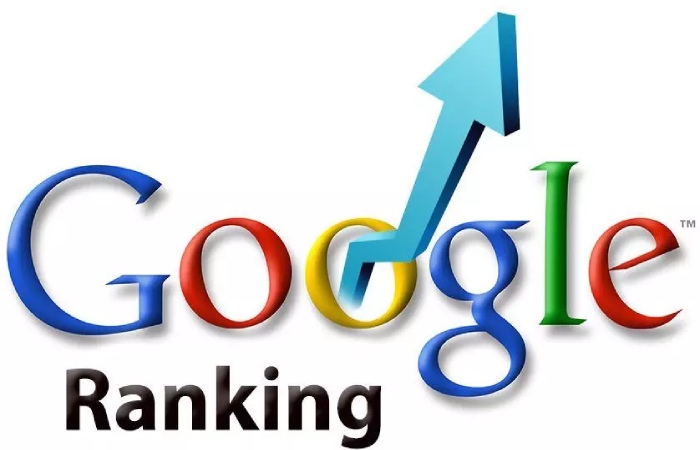Table of Contents
Introduction
Google ranking is an algorithm for measuring the relative relevance, quality, and importance of results in a Google search. Did you see that there are over 200 Google ranking factors? Google is by far the most popular search engine on the planet.
It rules other search engines like Bing and Yahoo, with more than 5.14 billion searches done on Google daily. So it’s no wonder you want to rank higher in Google search results.
What is Google Ranking? The ‘How ‘

Google uses many factors to rank results. It counts links as if they were votes for a page. A connection means that the page has been contacted in some way, whether visited or linked. The more links, the more votes you get and the higher you rank.
It is perhaps the most critical factor, but it involves a lot of things. Page Rank, as the program is called, actions the number of quality links to a page to estimate the importance of pages linked to your search.
Google itself,x, analyzes links. Therefore, higher-ranking pages linking to a page carry more weight than other links, so they would push it higher in the rankings. Google Ranking also uses a complicated text-matching system to ensure it matches your search words.
It also examines all content on the page, but these keywords make the difference.
A whole industry has sprung up called SEO, or search engine optimization, which tries to anticipate the system’s ranking. Of course, the number of times a search keyword appears on a page is essential, but it goes much further.
Compare all aspects of a page’s content in its ranking.
What is Google Ranking? The ‘What’
As we can see, the number of times a page has been linked or viewed has a significant impact. Your rank will increase if you have many ” votes. ” The words on the page, which are similar to search terms, also have an effect.
There are over 200 known factors that affect a Google search. Some are known, and others are speculation.
There is a kind of cat-and-mouse game. People keep trying to figure out how to manipulate the system to get their pages to appear at the top of search results. Google knows this and continually changes things to address various shortcomings and advantages.
There are domain factors or the name of the website itself. Previously, if you had an exact match, it would boost you to the top, but Google changed that a bit to remove that advantage. The content matters more than the name.
Page-level factors include having the keyword in the title tag, but this importance has recently faded. However, the keyword in the description tag and the H1 tag, or secondary title, seems more critical lately.
Google Ranking: Avoid Negative Results
Although many factors positively impact search results, some elements can also work against you. For example, Google tries to avoid pages with spam or pages overloaded with advertisements, and if it can detect them, they will drop in ranking.
Pages with low-quality content or content from content farms that are poorly written in an attempt to manipulate keywords will drop in ranking. Google Ranking can tell when a page has been over-optimized, and this is also penalized.
It’s unclear exactly how much is too much, but going too far hurts page rankings.
Content is also essential, of course. A page full of keywords is not likely to perform well. But with a lot of information on the subject of the keyword, you will do well. Complete information is essential.
Longer documents or articles are more critical when the keyword is present in large numbers. It remain also believed that having an index can have a positive result.
Google Ranking: Understanding Your Ranking
Several sites with tools claim to be able to tell you where your site will rank for different keywords. However, most web gurus advise against their use, and Google says it violates its terms of service to send many requests through these sites.
One way to discover out is to do your research, but do it in stealth or incognito mode, so your previous searches aren’t factored into the calculation. For example, using someone else’s computer or a public computer in a library could give you objective results.
Conclusion
SEO has a significant impact on businesses. Google’s search algorithm remain built on ranking factors that inspire high-value content and an excellent user experience. Google is also getting better at measuring how users interact with content. Understanding key Google ranking factors can make or break your online marketing strategy; Learn the basics well, stay tuned for updates, and you’ll have a good chance of succeeding.

